Our Team

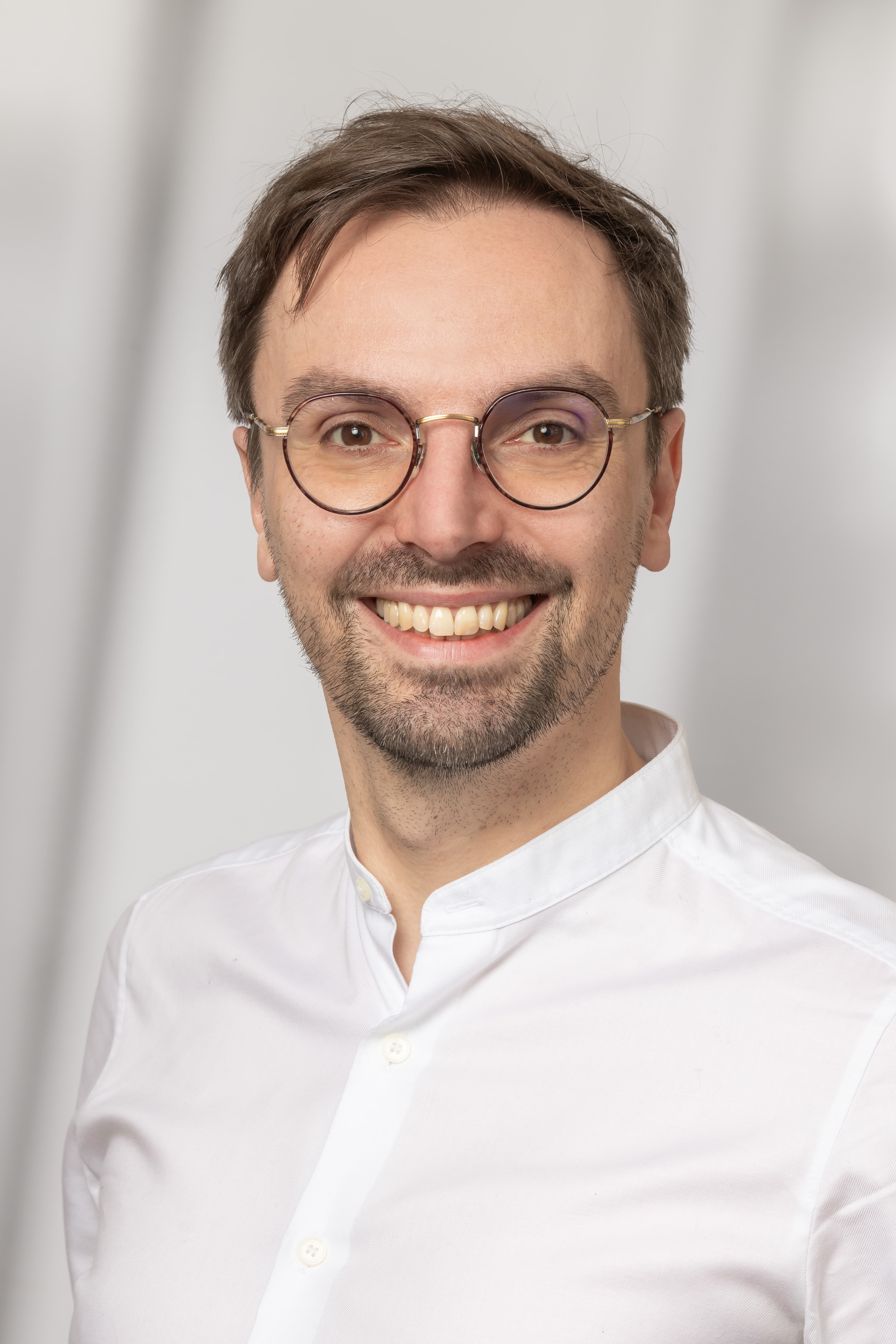
Christoph Korn
Principal Investigator
Since December 2020, I've been an Assistant Professor (tenure-track) of Social Neuroscience at Heidelberg University in the Section Social Neuroscience, Department of General Adult Psychiatry. In 2018, I received an Emmy-Noether research group from the DFG on "Human cooperation: A multimodal approach," allowing me to establish a group at the Institute of Systems Neuroscience (UKE, Hamburg). Previously, I was a postdoc in Jan Gläscher's group at UKE and in Dominik Bach's group at the University of Zurich. I completed my PhD at Freie Universität Berlin in Hauke Heekeren's group, funded by the Berlin School of Mind and Brain. My Master's program included work with Ray Dolan and supervision by Tali Sharot. I hold a Bachelor's in Biomedicine from the University of Würzburg.

Franziska Sprengler
Postdoctoral Researcher
I joined the DNHI Lab as a postdoctoral researcher, aiming to advance our understanding of social learning in clinical conditions marked by interpersonal difficulties. My work integrates neuroscientific and experimental approaches at the intersection of basic and translational research. I hold a BSc and MSc in Psychology from the University of Freiburg and completed my PhD in René Hurlemann's lab at the University Hospital Bonn. After a research stay at the University of Oxford, I worked as a postdoctoral researcher with Markus Heinrichs at the University of Freiburg and began training as a cognitive-behavioral psychotherapist before joining the DNHI Lab. My previous research has examined the psychobiological foundations of social cognition, including the pharmacokinetics of intranasal oxytocin, alterations in emotional processing in clinical populations (e.g. Borderline Personality Disorder and Autism Spectrum Disorder), and the influence of social chemosignals on human cognition and behavior.

Josué García Arch
Postdoctoral Researcher
I completed my Bachelor's degree in Psychology, Master's in Research in Behavior and Cognition, and PhD in Cognitive, Neural, and Computational Psychology at the University of Barcelona. I am currently an Alexander von Humboldt Postdoctoral Fellow at the DNHI. My research combines experimental and computational approaches to understand the mechanisms underlying self-concept dynamics. My recent work introduces the notion of Self-Utility Distance (SUD), a computational framework that quantifies the alignment between self-related beliefs and expected outcomes, providing new insights into the mechanisms linking self-structure, affect regulation, and psychopathology.
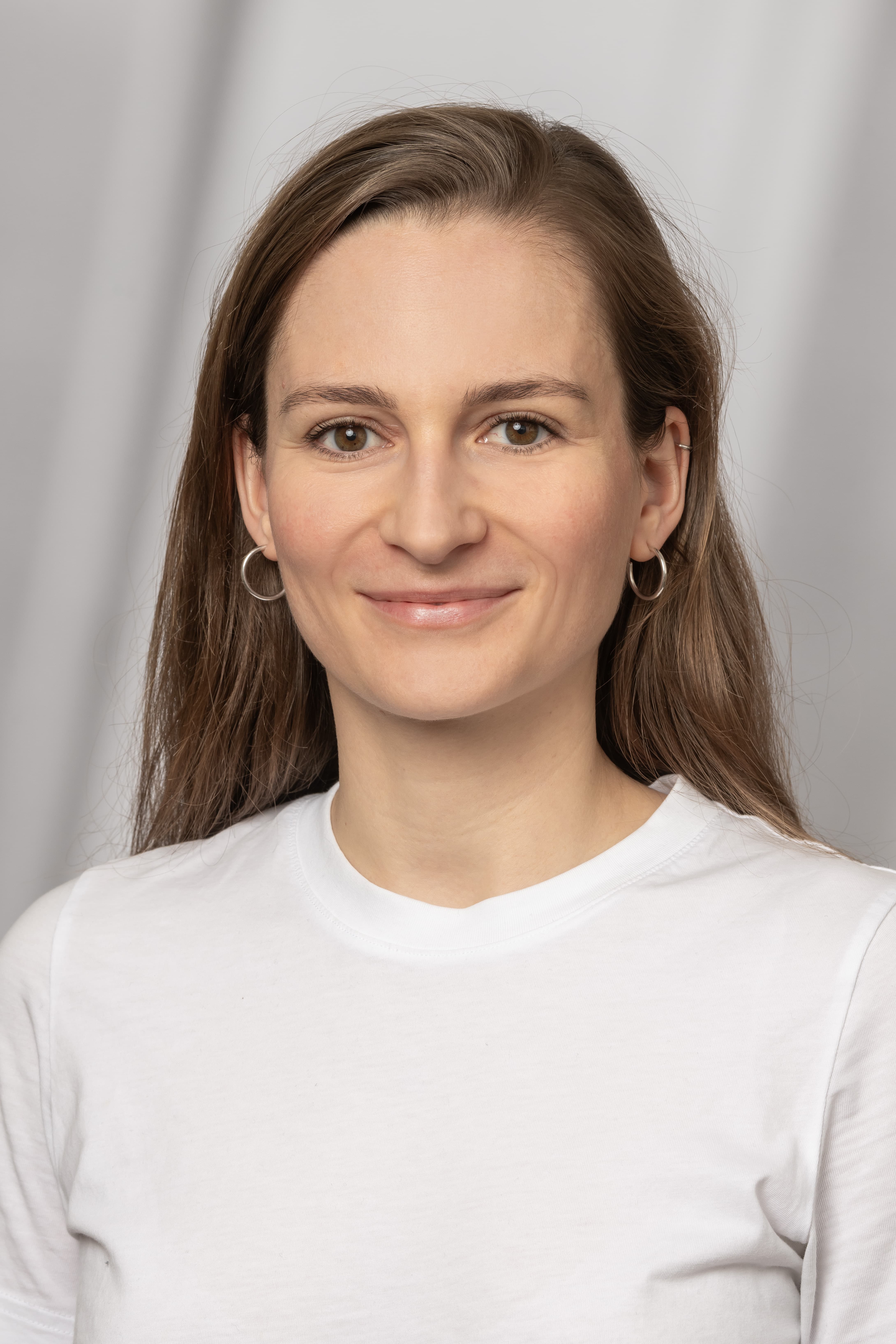
Lisa Doppelhofer
Graduate Student
I study social preferences and decision-making, focusing on how humans make optimal choices in social tasks and share payoffs. My PhD research also examines why borderline personality disorder patients struggle with cooperation, using game theory, computational modeling, and fMRI. Previously, I earned an MSc in Psychology (Mind and Brain Track) from the University of Vienna, where I researched placebo and nocebo effects on reinforcement learning at the SCAN-Unit under Isabella Wagner and Claus Lamm.
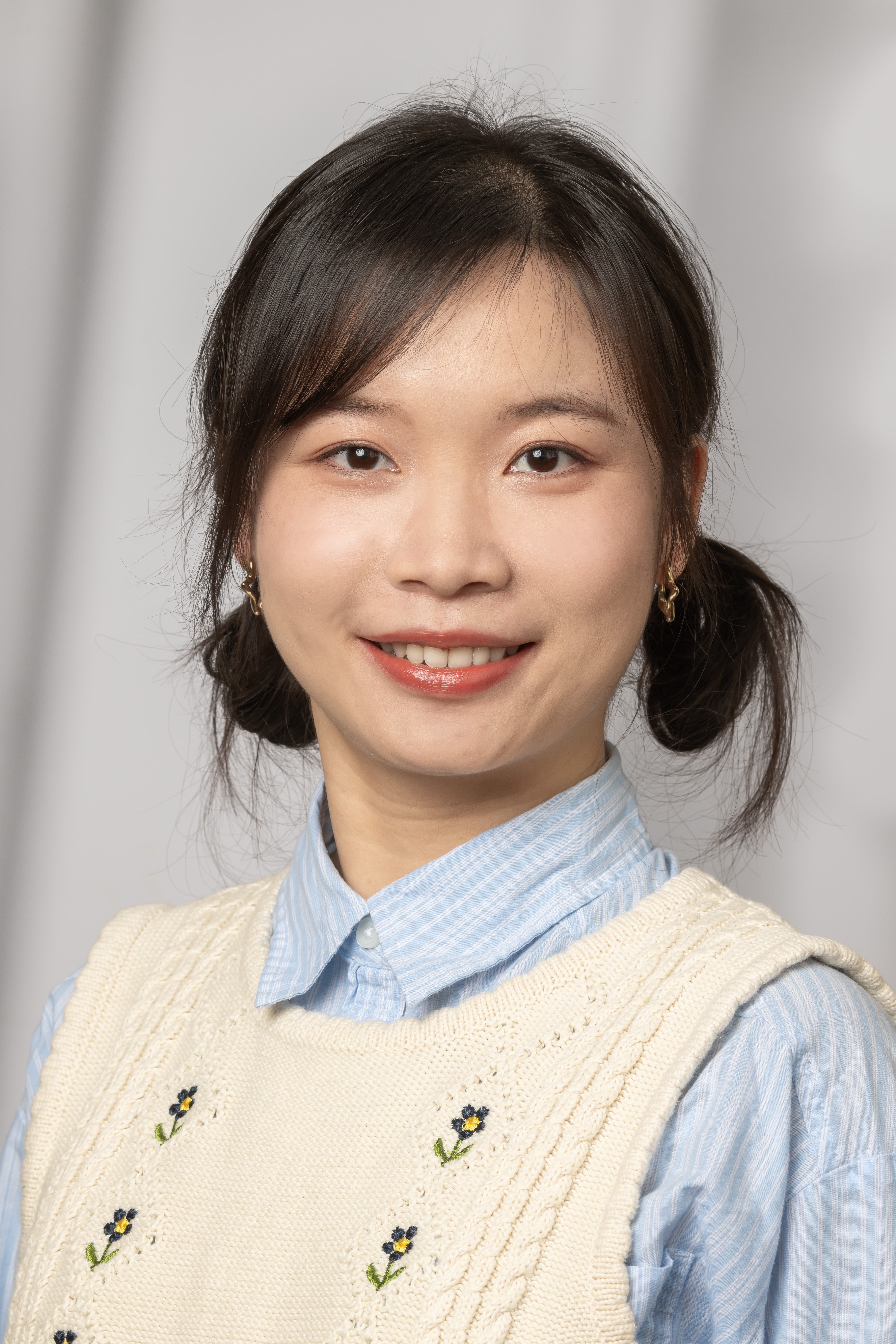
Sihui Zhang (张思慧)
Graduate Student
Before joining the DNHI-lab, I earned an MSc in Psychology at Beijing Normal University, studying the impact of emotions on prosocial behavior under Chao Liu. In the DHNI-lab, I use behavioral testing, computational modeling, and fMRI to investigate how people learn about others' intentions in ambiguous situations during game-like interactions.
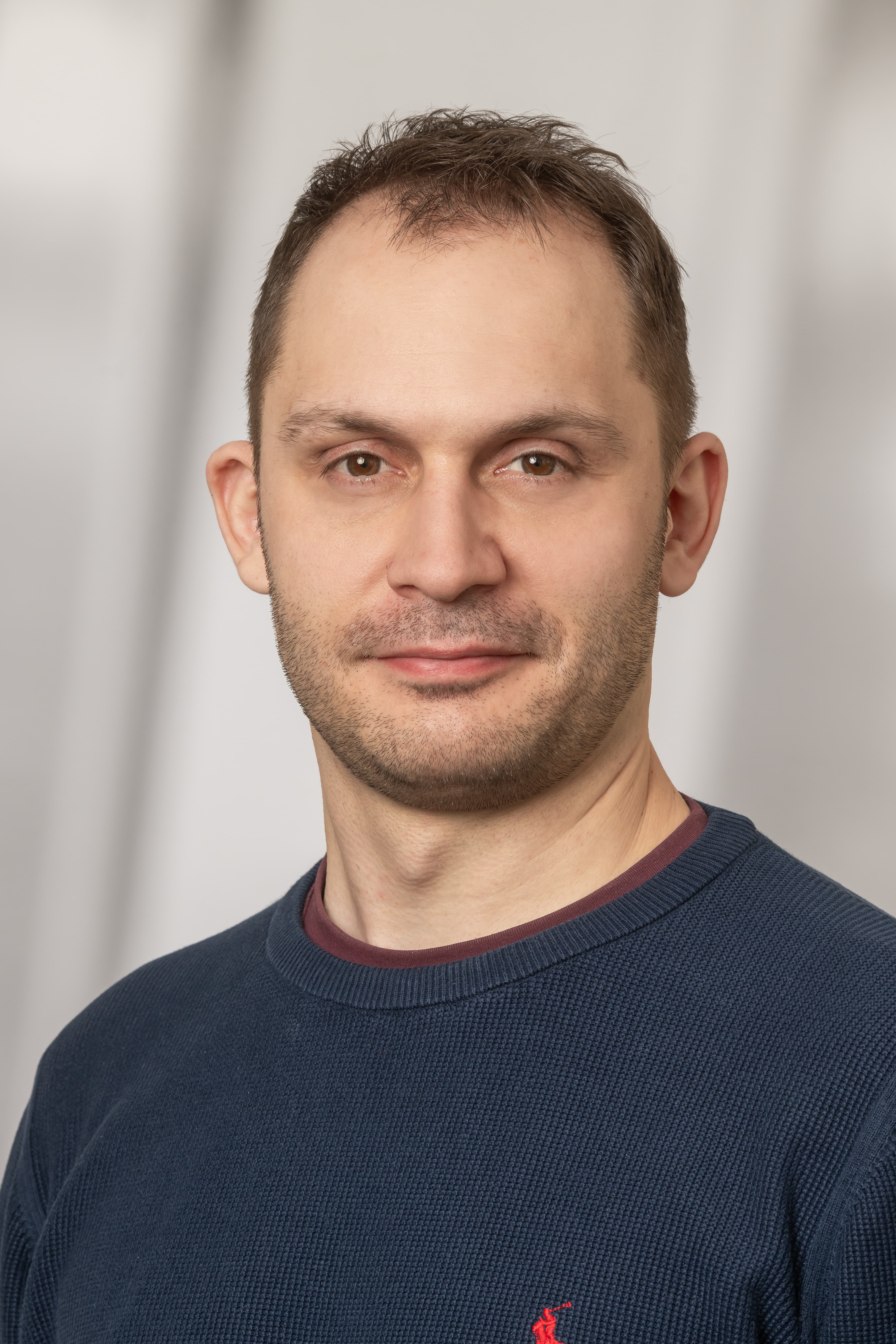
Sergej Golowin
Graduate Student
My research is about decision-making with a special focus on sequential tasks, where future options depend on the current choice. My background includes an MSc from Taipei Medical University's International Graduate Program in Medicine, where I became engrossed in the association of ecological and economic choice. At DNHI, I investigate the neural implementation of dynamic choice, as well as, the conditions under which humans switch between naive and more sophisticated decision rules. Furthermore, I am interested in how people interact with environmental features in the context of social interactions leveraging principles from game theory. My work employs computational models for behavior and neuroimaging via fMRI.

Xiong Hu (胡雄)
Graduate Student
Before joining the DNHI lab, I earned my Bachelor's in Psychology from Hubei University and my Master's in Psychology from Capital Normal University. During my Master's, I worked in Wang Yan's Optimism Lab, initially focusing on dispositional optimism before shifting to an interest in unrealistic optimism/optimism bias. I conducted two behavioral studies on how feedback providers' warmth and competence affect receivers' optimism bias. For my doctoral research, I will use behavioral testing, computational modeling, and neuroimaging to explore the positively biased processing, e.g., on personality traits and optimism belief, in social interactions.I also aim to refine psychometric tests and develop a practical tool for measuring optimism bias, with additional research in design and environmental psychology. In my free time, I enjoy cooking, hiking, and flaneuring, with a particular skill in Chinese cuisine. I also play the guitar and am optimistic about improving my skills with my Fender Telecaster.
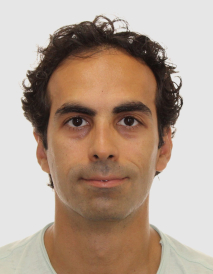
Dr. Ismail Guennouni
AIH Postdoctoral Fellow
I am a Postdoctoral fellow at the AI Health Innovation Cluster, working with the University of Heidelberg and the Z.I Mannheim to develop computational models of social interactions for adaptive gamified treatment approaches. I hold an MSc in Cognitive and Decision Sciences and an MRes in Computer Science (Machine Learning) from University College London, and a PhD in Experimental Psychology, specializing in experimental and computational approaches to strategic social interaction. My research focuses on social learning in mental health disorders, particularly exploring how cognitive interventions from leading psychotherapies can be integrated with computational behavior models to address social learning dysfunction.
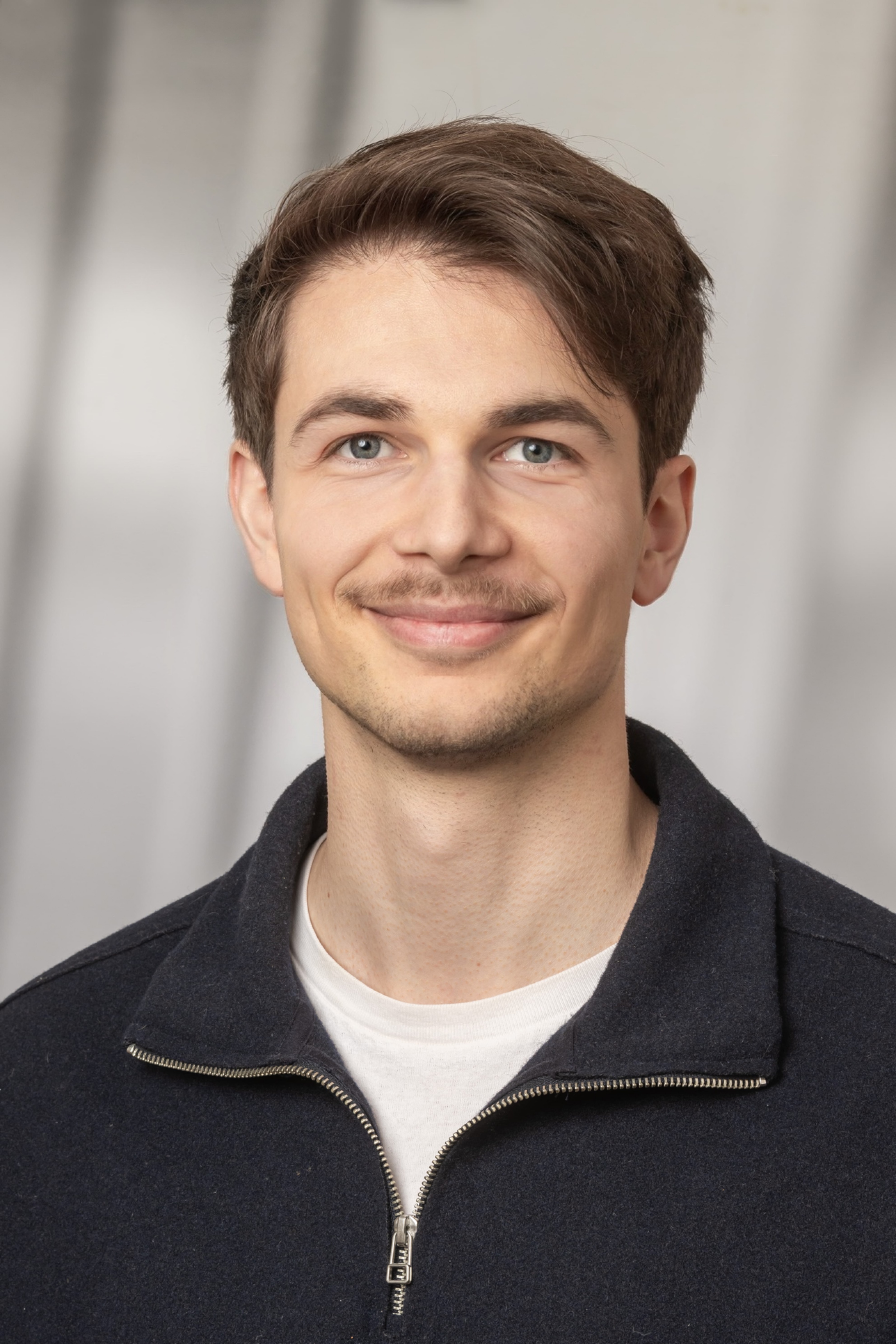
Raphael Perla
Graduate Student
In my research, I utilize reinforcement learning and related computational methods to shed light on the mechanics of social learning and decision-making processes. Before joining the lab, I was affiliated with the University of Innsbruck's Digital Science Center, where I was involved in the ELSA project. This project primarily focused on investigating the prerequisites that enable embodied AI agents to master social affordances effectively, thereby enhancing their ability to communicate and collaborate seamlessly with humans. Now, at the DNHI lab, I specialize in all things quantitative, from designing experiments to analyzing data and developing computational models.

Jiatong Liu (刘嘉桐)
Graduate Student
I am curious about how humans navigate social landscapes under uncertainty. Specifically, I am interested in decision-making strategies during social interactions and the computational mechanisms behind them. In the DHNI lab, I will focus on cognitive neutrality in social decisions by implementing novel behavioral tasks and computational models based on reinforcement learning. Before joining the DHNI lab, I completed my MSc in Neural and Behavioral Sciences at the Eberhard Karls University of Tübingen. For my Master's thesis, I worked on large-scale correlations of cortical spiking activity under the supervision of Prof. Markus Siegel.
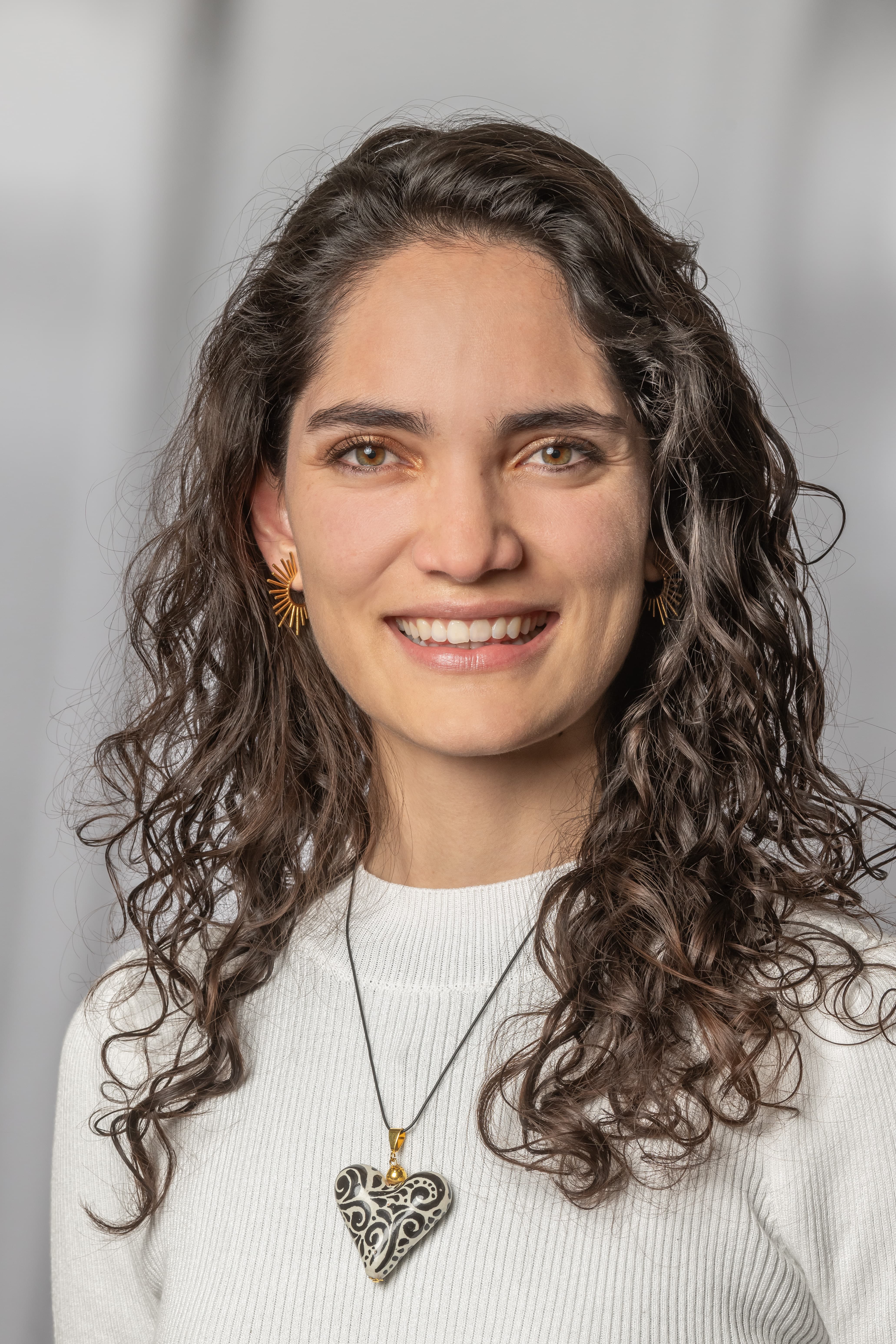
Mariana Rojas Chavez
Graduate Student
Before joining the DNHI lab as a PhD student and research assistant, I completed my Masters in Clinical Mental Health Counseling at the University of North Texas in Denton. My research interests focus on how people with psychological disorders learn and make decisions. I am also currently enrolled as a child and adolescent psychotherapist in training at the Center for Psychological Psychotherapy of the University of Heidelberg. In my free time I like to learn languages, travel, read, knit, go to the gym and walk in nature.
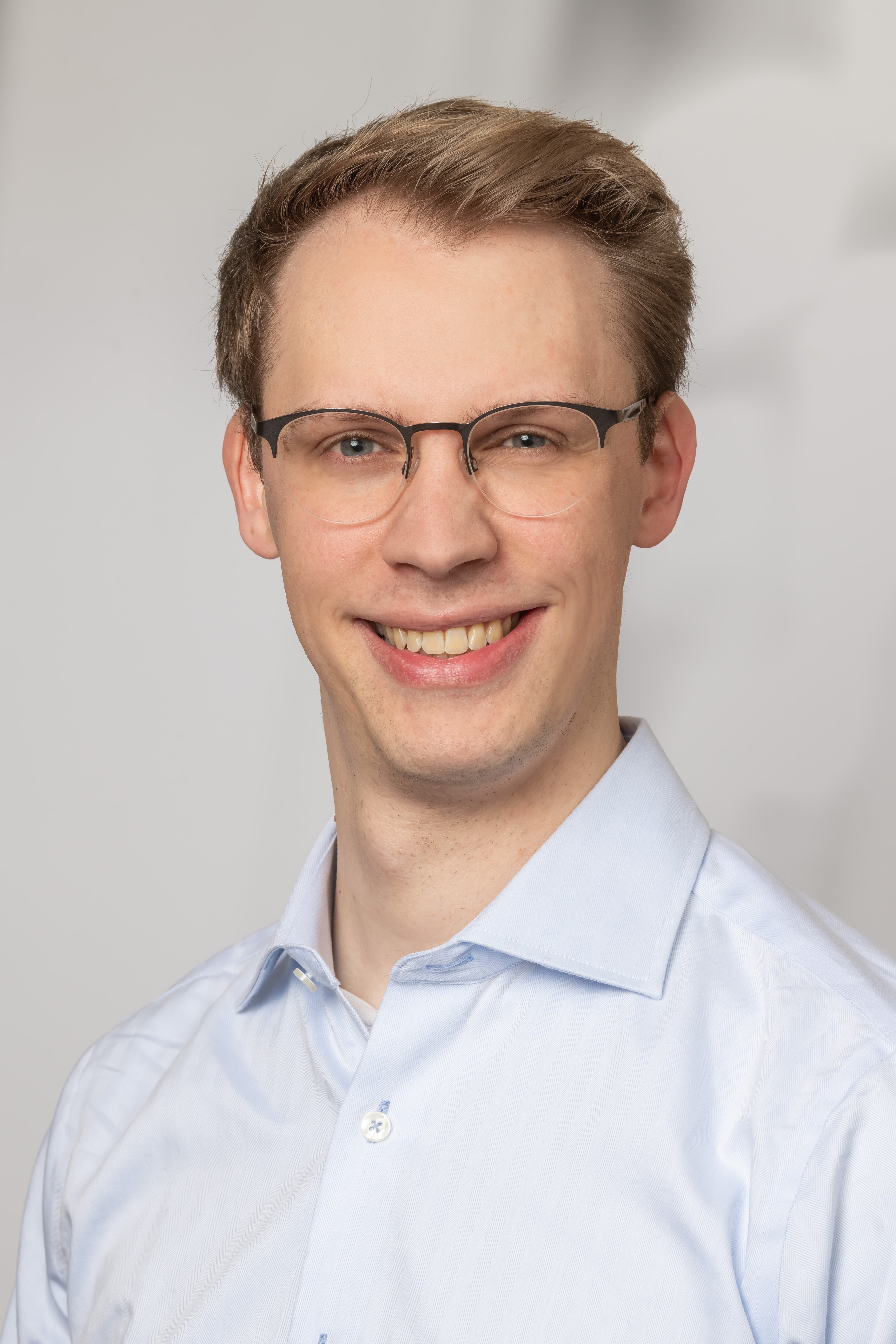
Moritz Burghardt
Graduate Student
My research focuses on the understanding of aggression and decision-making in patients with different mental disorders. I will use computational modeling and fMRI to analyze strategies and mechanisms of (non-)aggressive behavior during the interaction with computer agents. The research project is part of the Collaborative Research Center TRR 379 on the "Neuropsychobiology of Aggression". Before joining the DNHI lab, I obtained a master's in psychology at Hamburg University where I researched the influence of an observer's own preference on their estimations of other decision makers at the lab of Sebatian Gluth. Other work involved collaboration with the Motivation Lab at New York University under Gabriele Oettingen where I studied the effect of mood on the flow state.
Supervised Doctoral Theses (MD / Dr. med.)
Ioannis Terzidis
Since August 2024
Vorhersagefehler und Pupillendilatation beim sozialen Lernen über Personen mit ähnlichen Charaktereigenschaften
Olivia Steiger
Since April 2025
Die Verteilung verschiedener Persönlichkeitseigenschaften bei Menschen mit Borderline Persönlichkeitsstörung – eine Meta-Analyse
Lisa Ecker
Since June 2025
Aggressives Entscheidungsverhalten in virtuellen sozialen Konfliktszenarien: Vergleich der Variabilität in Verhalten und in den neuronalen Korrelaten bei gesunden Personen und Patient:innen mit hohen Aggressionswerten
Chantal Jakobi
Since September 2025
Ethischer Diskurs mit digitalen Akteuren – eine Virtual Reality Studie
